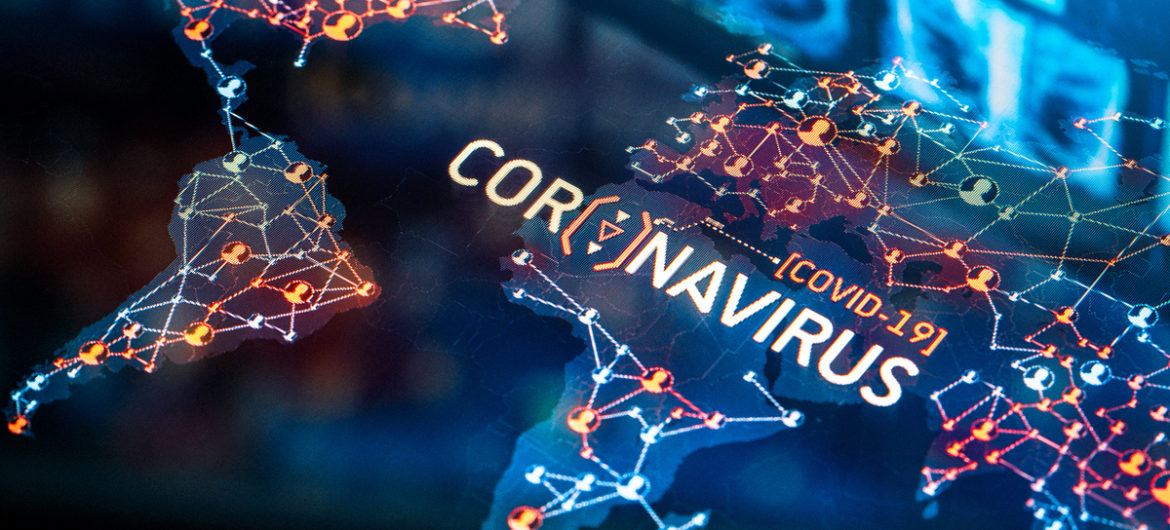Retrospect is a very insightful, if sometimes cruel, way of telling people what should have been. Since the spread of the pandemic and the subsequent lockdown and quarantine measures, many businesses have suffered. The economy has crawled into a tiny hole and is still trying its best to recoup.
Some say this could have been avoided – that experts have been warning the world about these kinds of threats for a while now. Whether they’re right or not, no one could have seen the economic devastation this outbreak has caused.
However, there are still some things that businesses are now finding that they should’ve done long before the spread of the virus. What are they and is it too late to do them now?
Digitalization
Mainstream computers and their use in business have been around for a long time now. Most of the time, when people say ‘books’ they no longer mean actual physical record books for keeping audits. But for the sake of those a little late to the party, digitalization, especially of monetary data, is one of the best steps your business can take towards more accurate and efficient bookkeeping.
But accuracy and efficiency are not the qualities most highlighted by the outbreak. It’s the ability to access these digital files from virtually anywhere. This is a pivotal advantage in a time when remote work is the only way to continue operations for most enterprises.
Aside from files, digital tools have also been vital in business continuity. They enable people to keep on communicating and working together. They also allow people to use their own devices for work tasks. Cloud storage and cloud computing are more popular names for these tools.
Needless to say, organizations that have long been well-versed in digital tools took little to no time to adjust to this new norm the outbreak has established.
Deliveries
According to Reuters, both production and retail sales in the US have been having its second month of dramatic decline – the likes of which have not been seen in the past 101 years. This is such a disheartening fact, particularly if you own an enterprise in the retail market. But there is still a ray of hope – deliveries.
It’s natural to see declines in sales of those tagged as non-essential goods, like toys or books. But eventually, people will still look for and buy these things. It’s a matter of setting the right expectations for your business and making sure you have the means to deliver.
Ecommerce has taken on a more significant role in the lives of both business owners and workers and consumers. This is the safest way to do retail business right now. The thing is, this platform has been around for a while now. It’s also not particularly difficult to set up, especially if you plan on working with Amazon or similar retail giants. This is easily one of those things your business could have done way before. Thankfully, the opportunity is still available.
There are also other ways to deliver goods without contact. The simplest way is to do curbside deliveries (and pickups). This requires very little variation from a normal delivery run and it still meets safety protocols.
If you’re particularly techy, you can try the delivery drone approach. According to Forbes, the outbreak has deepened interest in this technology and now more businesses are taking advantage of it.
Automation
When people say automation, it’s not always about those robotic arms in factories improving production lines. Although, those are also representative of the progress automation can bring.
But there is so much more to automation than that. In most businesses, the automation of data gathering, compiling, and analysis are far more important than programmable robots. Automating tedious and frankly, menial tasks like these make them more efficient and accurate. They also free up people to do more impacting work like acting on those data analyses.
Automation also has the added feature of being relatively safer. A practice management program, for example, can reduce contact between a clinic’s staff and its patients, which is especially crucial in preventing the spread of the virus now.
Consumer self-help options like this are becoming more and more popular because they feel empowered to solve their issues or address their own concerns. This, too, is an example of automation.
Sanitation
Now, businesses are taking every possible measure to keep their operations, their staff, and their consumers safe from the spread of the virus. For some, this means handwashing stations and regular workstation sanitation. For others, this means temperature checks at regular intervals and at all exits and entrances.
But some of these measures are also applicable even without the outbreak. Granted, not at this scale, but handwashing is a basic way of maintaining hygiene, particularly for those who handle food and medical supplies.
Sending people home when they’re sick is another measure that shouldn’t have taken the most destructive virus of our time to justify.
Sanitation is something that merited attention, even before the pandemic. It should also still be a focus once the dust clears.





